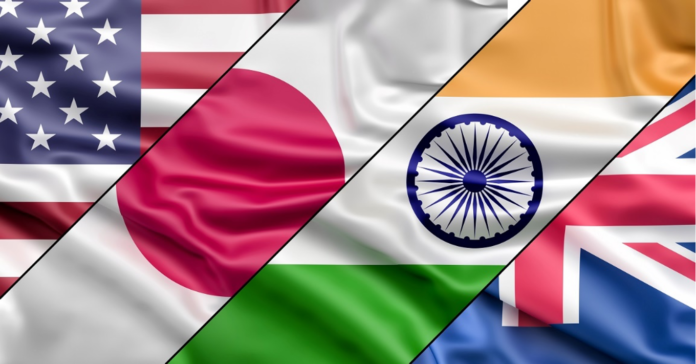Author: Kentaro Iwamoto
Affiliation: Singapore Correspondent for Nikkei Asia
Organization/Publisher: Nikkei Asia
Date/Place: June 22, 2021/ Singapore
Type of Literature: Article
Word Count: 1728
Keywords: US-China Competition, Southeast Asia, Myanmar Crisis
Brief:
As the US-led Quadrilateral Security Dialogue with Japan, Australia, and India (Quad) and other external powers compete in the Indo-Pacific region, the centrality of the Association of Southeast Asian Nations as the host of several regional diplomatic forums and economic initiatives will be tested. The author believes that as the major powers compete and keep pushing their agenda in the region, the centrality of ASEAN will be more difficult to maintain. A less-influential ASEAN will create greater US-China tension, and less peacefulness in the region could hinder economic growth and the region as an investment destination. Thus, the ASEAN must play a central role in the regional frameworks. The author shows there are at least three major powers leveraging their power in the Indo-Pacific. First, China with its Belt and Road Initiative worth billions of dollars in infrastructure projects, alongside with its militarization of neighbors’ economic zones and airspace around the South China Sea to take control of this waterway of global trade. Second, the US with the Quad claiming the narrative of promoting a “free and open Indo-Pacific”. And third, The European Union’s quest for cooperation on ocean governance and climate change issues. The one thing that the external power strategies have in common to secure their influence in the region is to gain the engagement of ASEAN to support their goals in the Indo-Pacific. However, the ongoing internal conflict within ASEAN members, for instance the Myanmar conflict, risks the unity and centrality of ASEAN. If ASEAN’s presence on the Myanmar conflict is not able to reduce the tension, then it will damage the bloc’s reputation. Finally, ASEAN needs to take effective measures for Myanmar and maintain a leading role in regional cooperation.
By: Salman Nugraha, CIGA Research Intern




